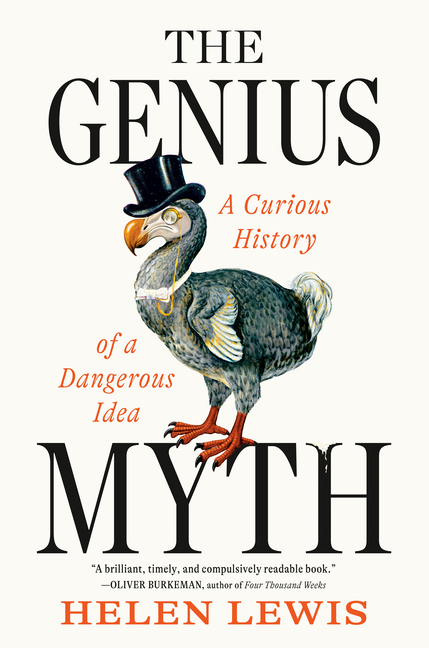Lewis’s suggestion that we should apply the term 'genius' to specific works, rather than individual people, is persuasive. But the idea that large swathes of the reading public urgently need to be disabused of 'the genius myth' is questionable ... There is an irritating circularity about such pronouncements, whereby the author projects on to the reader the very cliches that underlie her own analysis ... The Genius Myth is one of those popular nonfiction books in which an author sells you the disease in order to sell you the cure ... Lewis strives for the easy, conversational style of a Ted Talk, but her attempt at a pally register comes off stilted and ingratiating. The prose is remarkably heavy on italicisation, which lends a rather laboured feel to the exposition—at times, Lewis sounds as if she is trying to convince herself, quite as much as the reader, that something worthwhile is being imparted ... Her contention that Picasso’s womanising provided 'an aspirational ideal to lower-status men trapped in bourgeois domesticity and wage slavery', and that Donald Trump is therefore his 'analogue,' is little more than a therapeutic rant ... With The Genius Myth, Lewis clambers on to a bandwagon that was already starting to creak.
Read Full Review >>

